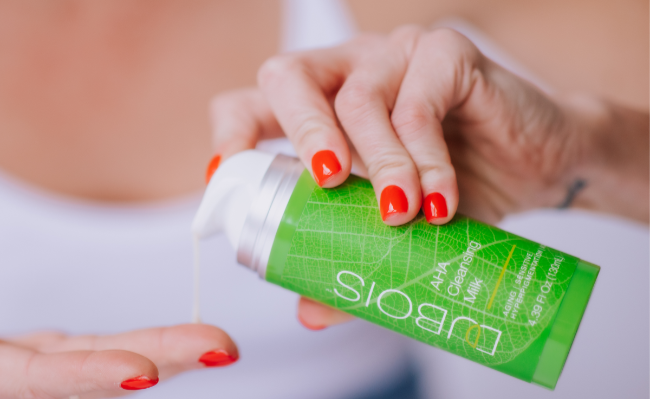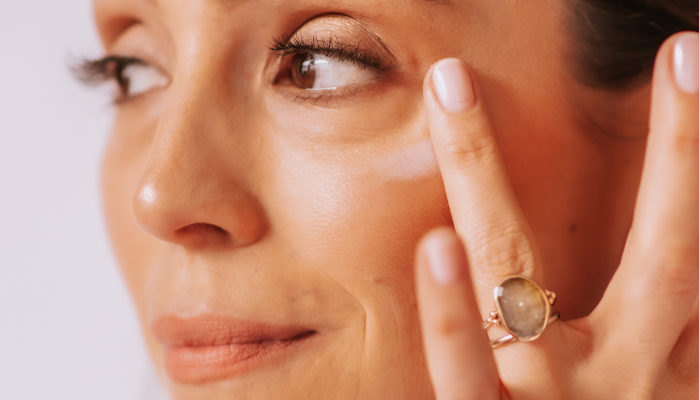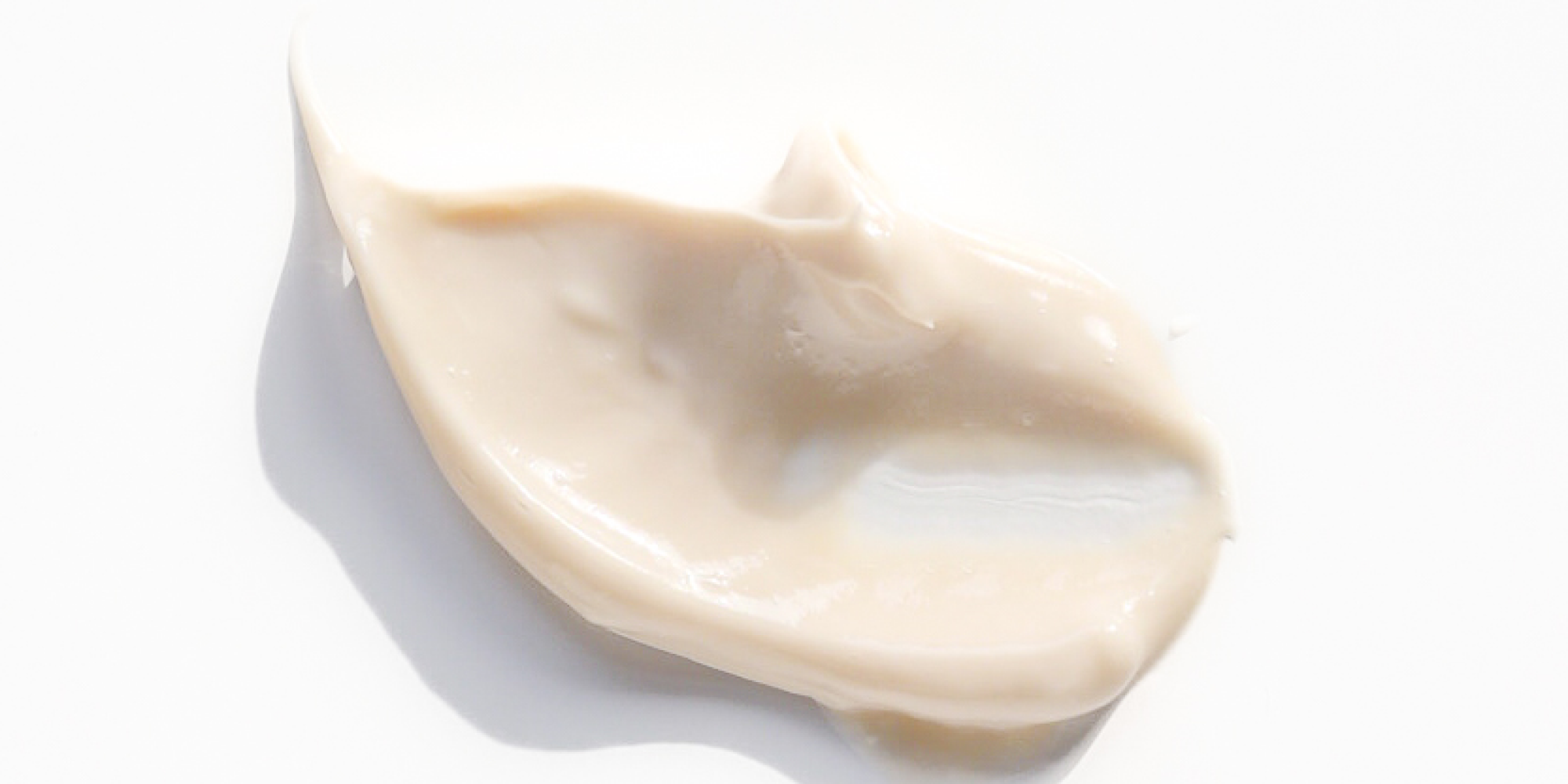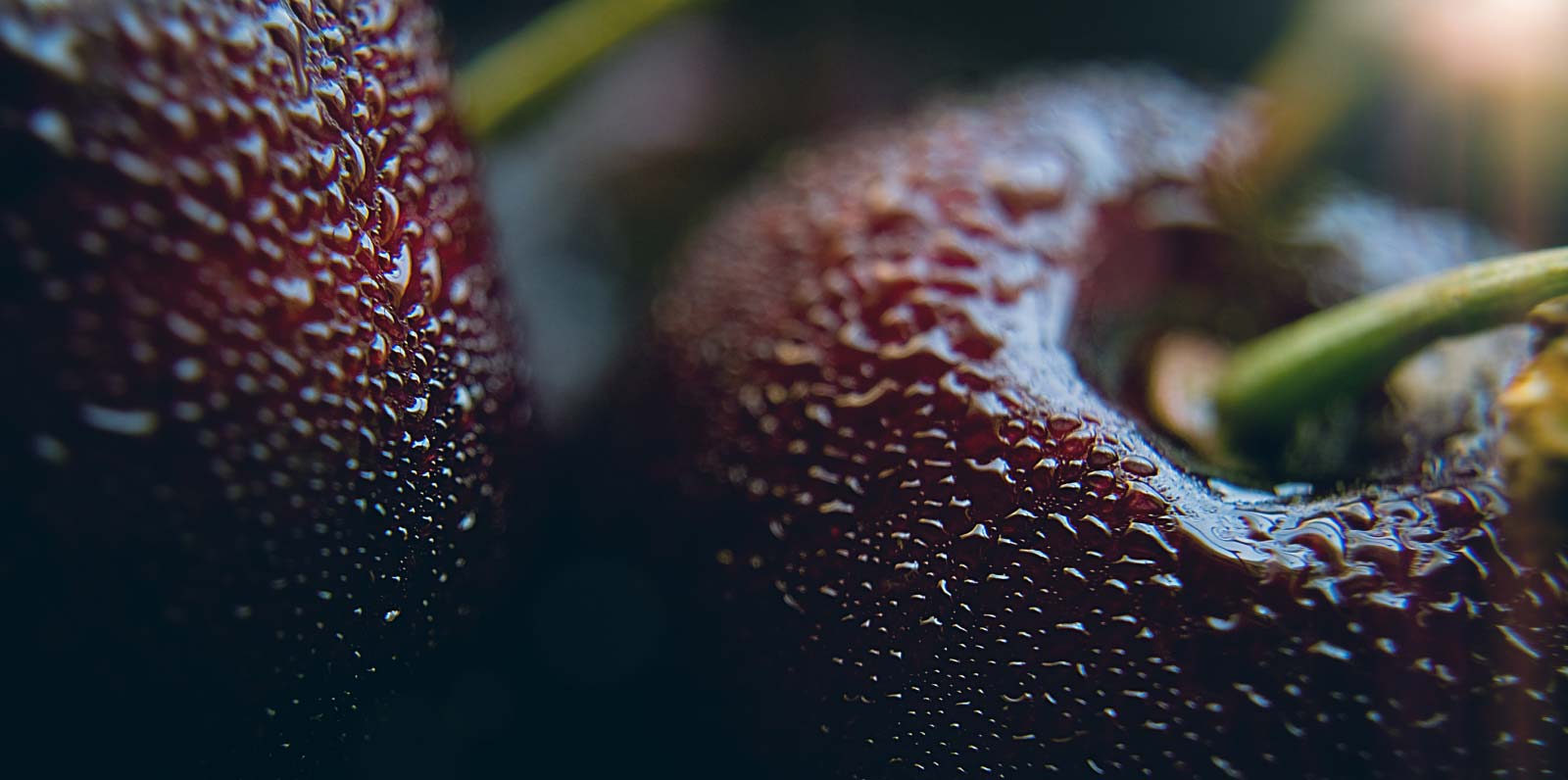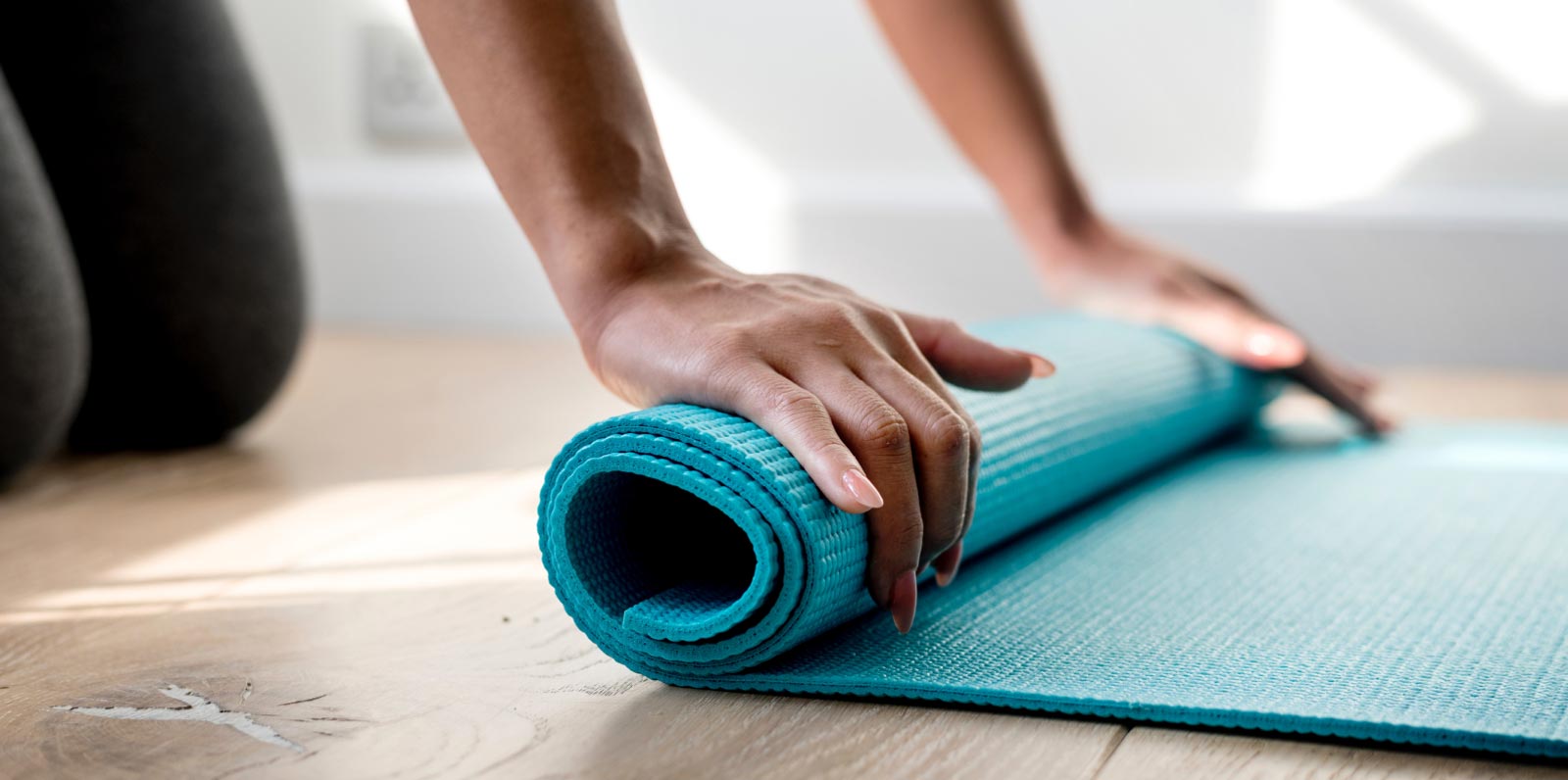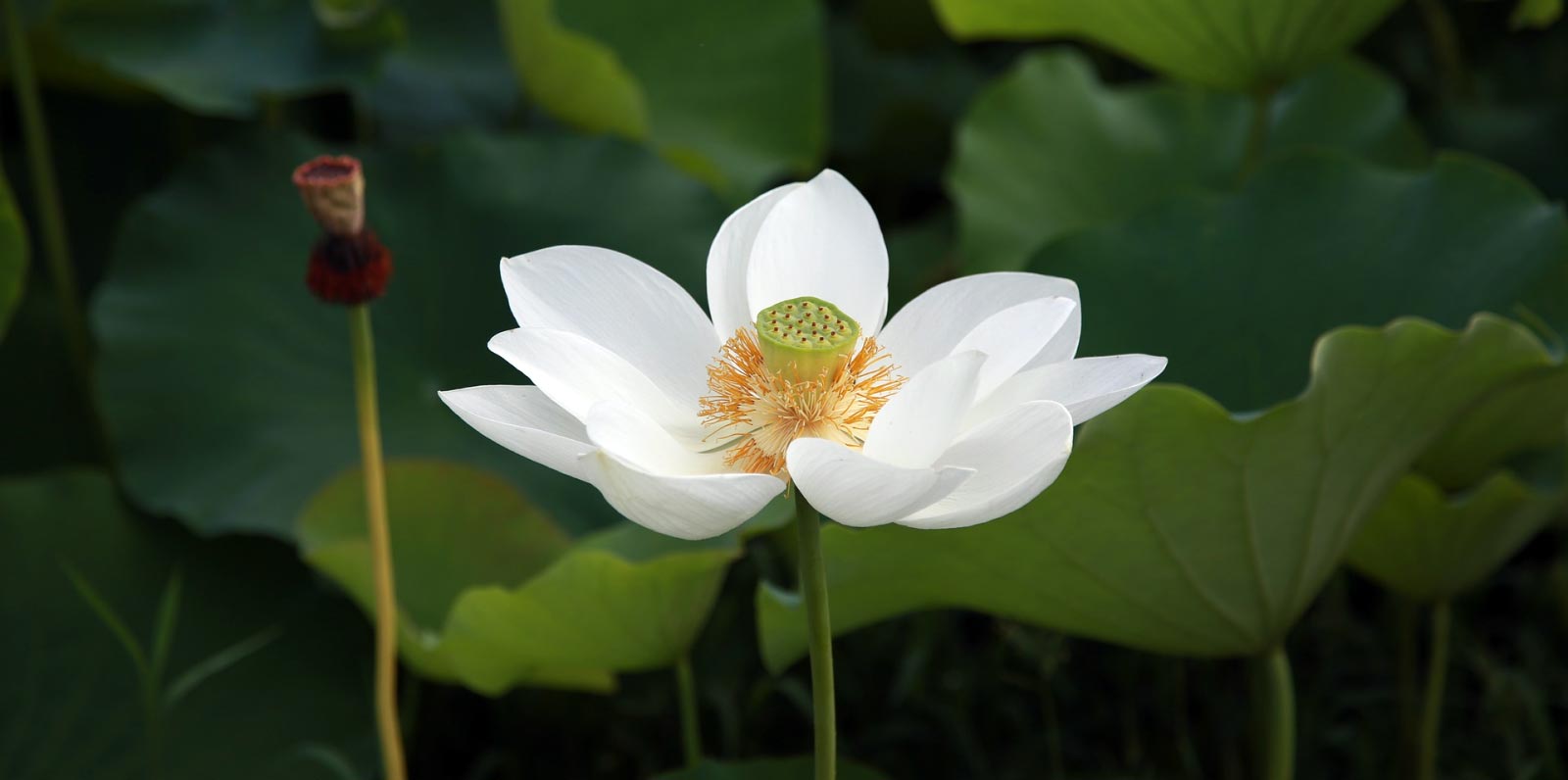
Best Ways to Destress
The Beauty of Relaxing and Unwinding
Who is Stressed?
In a time of financial insecurity, job stress, divisive politics, and technology overload, more and more people - especially young people - define themselves as stressed. A recent special report from Everyday Health called the United States of Stress https://www.everydayhealth.com/wellness/united-states-of-stress shows that:
- Almost one-third of those surveyed say they visited a doctor about something stress-related.
- 57 percent of the survey respondents say they are paralyzed by stress; 43 percent say they are invigorated by stress.
- Just over a third of all respondents say their job or career is a regular source of stress. Among millennials and Gen Zers, the chronically work-stressed rises to 44 percent.
- 47 percent of all respondents — with women and men almost evenly matched — say that their response to stress is to take it out on themselves.
Stress You Can See

Stress has health impacts that can be seen on your skin. Dermatologist Whitney Bowe, MD, writes, “Stress slows down digestion, which creates a shift in bacteria that can compromise the integrity of your gut lining. This can cause inflammation throughout the body and lead to acne flare-ups as well as premature aging.” https://www.elle.com/beauty/makeup-skin-care/a21270470/how-stress-affects-skin/ The stress hormone cortisol also breaks down collagen, making skill less resilient against fine lines and breakouts.
There are other visible signs of stress - puffy eyes and dark circles from eye strain and lack of sleep. Redness and irritation that can come from eating inflammatory or unhealthy food. Depleted and dry skin can come from dehydration. Stress can trigger outbreaks of acne, dryness, psoriasis, and eczema.
Best Ways to Destress

The key to reversing or preventing many physical and visible effects of stress is relaxation achieved through daily self-care rituals - like meditation, screen-less time, and exercise as well as regular holistic care at spas and natural healers.
Massage therapy, for example, releases cortisol, as well as lactic acid that gets trapped in the tender knots of taut, stressed muscles. Improved circulation and pain relief may in turn help alleviate stress-related conditions like indigestion, chronic headache, and TMJ also known as lockjaw.
Relaxation is key to helping reduce the effects of stress. While the human body is designed to manage both positive and negative stress, continual stress without a break to restore makes the human body think it’s under constant attack - triggering “flight or fight” mode. Conscious relaxation creates breaks in the stress, allowing your body and mind to find equilibrium and balance.
5 Quick Ways to Destress Yourself
- A meditation app like Calm for morning, mid-day, and bedtime meditations
- A five-minute, phone-free walk during lunchtime to clear your mind
- Desk stretches https://www.bevi.co/blog/10-easy-desk-stretches-de-stress-at-work/
- A calming Mist to spritz on the skin in the mornings, and throughout the day
- A soothing facial mask that restores and rebalances your skin. Lying down with cucumber slices a plus!

